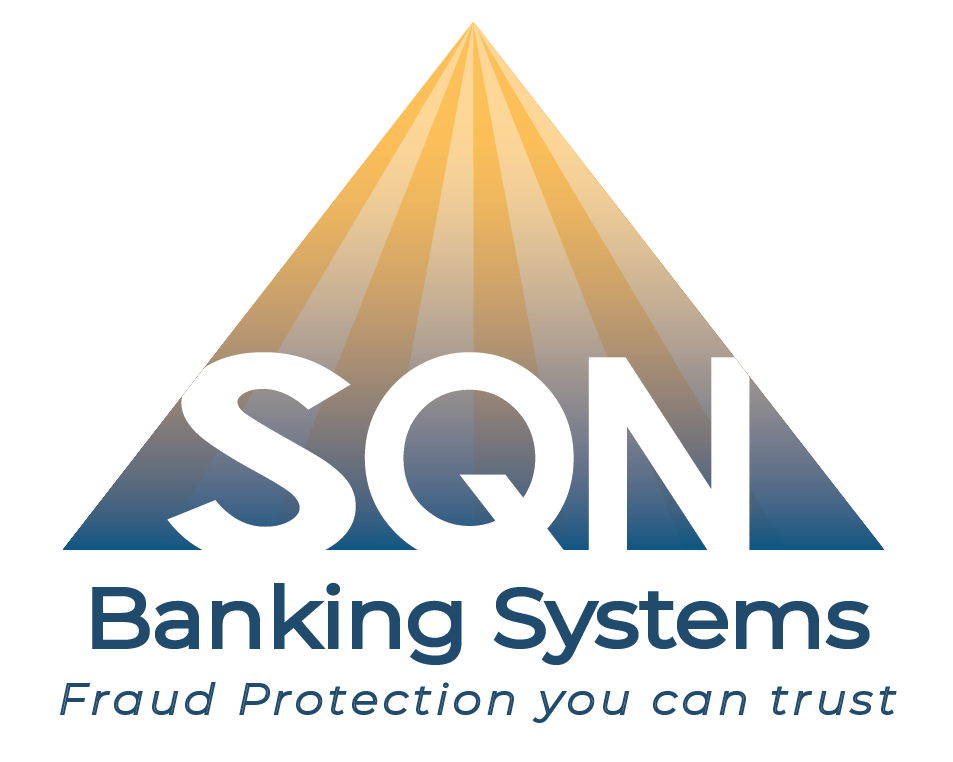How Fraud Prevention Efforts Affect Your Financial Institution’s ESG

Your fraud detection and prevention efforts don’t just affect your bottom line. They also impact your brand and your environmental social governance(ESG) posture. Reducing your fraud risk also positively impacts your financial institution’s ESG.
This blog briefly explains the importance of ESG and how it intersects with anti-fraud activities.
What Is ESG?
ESG describes how a business interacts with the world around them, and in particular, it focuses on a business’s impact on the surrounding environment and society based on its governance principles.
The environmental aspect of ESG explains how a company is a steward of the environment. The social aspect looks at its relationships with its employees, vendors, customers, and communities. Finally, the governance element of ESG focuses on how a company handles executive pay, shareholder rights, audits, and internal controls.
Why Is ESG Important?
Most conversations about ESG focus on its role in building brands and attracting investors. Consumers want to work with companies that treat the world kindly. Even if they aren’t aware of the phrase ESG, they take these elements into account when deciding which businesses to patronize.
Investors also carefully consider ESG when deciding where to invest their funds. Right now, over a third of all U.S. investments under professional management are focused on ESG. Investors shy away from companies with a poor commitment to ESG because they know these companies aren’t sustainable. Eventually, companies that don’t prioritize ESG will face supply chain shortages, talent gaps, regulatory fines for lack of compliance, or other issues.
In other words, a lack of commitment to ESG can drive customers and investors away from your financial institution. But it can also impair your sustainability on an internal level. ESG bolsters top-line growth, helps to attract talent, reduces costs, and fosters trust with your customers. The way your financial institution handles fraud directly intersects with ESG.
The Role of Governance in Anti-Fraud Activities
Your governance practices play a significant role in your fraud detection, prevention, and mitigation activities. You need internal practices and policies that reduce the risk of bank fraud from external actors as well as the risk of internal fraud.
Strong governance is critical for effective fraud risk management. Your leadership team needs to set an example for the rest of your staff. They also need to prioritize investments in fraud detection and prevention tools. Additionally, your internal policies also affect both the risk of your banking customers and your financial institution from becoming a victim of bank fraud, data breaches, and cyber theft.
How Fraud Affects Society
Bank fraud doesn’t just affect your bottom line. It also impacts your customers and the community around you. When banking customers become the victims of fraud, they can face real and irreversible impacts. The people who are struggling the most often face the most dramatic consequences.
For example, if someone is living on Social Security or a low-wage job and their bank account is drained due to fraud, they may not be able to keep the utilities on or make their rent or mortgage payments. They may become hungry or homeless. When fraud has a devastating impact on individuals, it also affects their communities.
If fraud is mishandled, it can lead to distrust in industries and institutions. Distrust in banks is often a leading reason why people become unbanked or underbanked. And in recent years, the percentage of unbanked households has been growing in the United States. To prevent your client base from being eroded, you need to work hard to establish and maintain trust in the banking industry, and reducing the risk of fraud is a key part of this process.
Contact SQN Banking Systems to Learn More
We can help you fight fraud in a way that improves your ESG and safeguards your brand. To learn more about our fraud prevention and detection tools and resources, contact us at SQN Banking Systems today.
